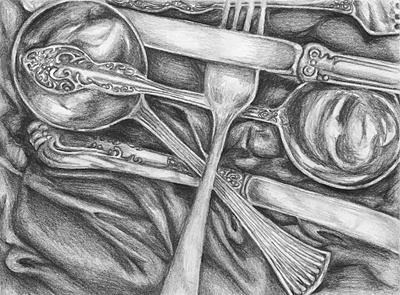All Nonfiction
- Bullying
- Books
- Academic
- Author Interviews
- Celebrity interviews
- College Articles
- College Essays
- Educator of the Year
- Heroes
- Interviews
- Memoir
- Personal Experience
- Sports
- Travel & Culture
All Opinions
- Bullying
- Current Events / Politics
- Discrimination
- Drugs / Alcohol / Smoking
- Entertainment / Celebrities
- Environment
- Love / Relationships
- Movies / Music / TV
- Pop Culture / Trends
- School / College
- Social Issues / Civics
- Spirituality / Religion
- Sports / Hobbies
All Hot Topics
- Bullying
- Community Service
- Environment
- Health
- Letters to the Editor
- Pride & Prejudice
- What Matters
- Back
Summer Guide
- Program Links
- Program Reviews
- Back
College Guide
- College Links
- College Reviews
- College Essays
- College Articles
- Back
Milk and Cereal
It’s Sunday morning and you are back, sitting across from me at the kitchen table. Both of us are starving, but only one of us has a bowl of cereal. You don’t eat. You can, but you don’t eat. The cereal is too fresh, the milk too white. It lacks texture, you said. I look down at my bowl. I’d never thought about milk in that way before, but now that you mention it, I can see it. Its body is as supple and smooth as a newborn.
You’re wearing your clothes from yesterday: a nondescript grey hoodie and jeans. The jeans are designer, partially ripped and bought after your summer job. But the hoodie is old, washed and dried so many times that all the color has been leached out of it, something you’ve owned since you were twelve. Dad got it for you as a joke on Christmas, embossed with the name of the hospital you were born, “in case we wanted to ask for a return.” Over time the name had faded into a gray smear of lettering. Still there, but no longer recognizable.
Now your hoodie is ruined. Dried mud clings onto it, buried violently in its cotton fibers. Even when the rain evaporated under the harsh light of the police station, the mud stayed inside. It was forced there, mottling the hoodie in hues of black and brown.
“Why’d you do it?” I ask. No answer.
Outside, I hear our mother talking to the policemen who took you home. She’s no longer crying. Instead her voice is paced, slow and serene and gray like your sweatshirt. There’s no longer any emotion in it. But I remember when she first saw you being taken out of the policemen’s car. I remember her running out the front door, running out onto our driveway at 4 am. I remember the expression on her face when she saw you, that one single dizzy, weakening expression. Our mother is not easily dazed, you know that. She is a prideful woman, sharp-tongued, inelegant. But from the second floor I saw her strength collapse, her knees bend, her body buckling away.
Even you realized it, because I heard you repeat sorry, sorry, and when you saw her suffer, you started crying, shaking her, pleading for her to look at you as if she was an estranged lover. I watch from the upstairs window (neither of you know that I am watching). I watch you beg her to get up off the ground. I watch your bodies from above. After ten minutes I see our mother rise noiselessly, grabbing the flesh on your wrists more tightly than your steel handcuffs, dragging you into the house. You are too scared to resist, more scared than you have been at anytime during the night.
I pause. I realize I’m staring at you. Your hair, greased with dirt. The frozen sweat clinging to your brow. You stare back, but I know you aren’t actually looking at me. Your thoughts are elsewhere, miles away.
“Want some cereal?” I ask.
Still no one answers me, but the pregnant silence unravels between us, enveloping the kitchen and spilling out into the quiet suburban neighborhood surrounded by cars whose hoods shone in the creamy sun and morning joggers whose ears were plugged with noise, washing over the cold snap, seeping into wrinkled sidewalks, mending your tattered wrists with sweet, liquid ribbons of white.

Similar Articles
JOIN THE DISCUSSION
This article has 0 comments.
